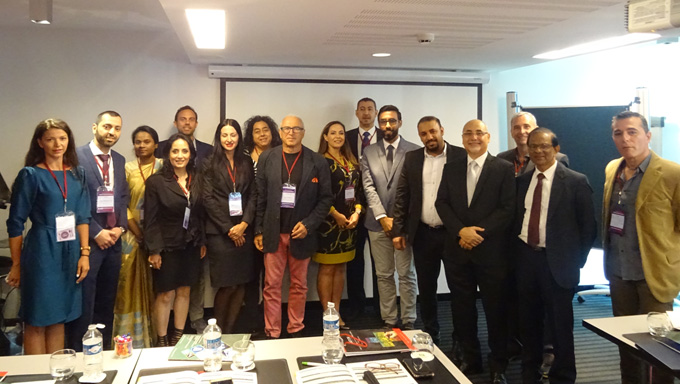







Infection Control and control is required to prevent the transmission of communicable diseases in all health care settings. Infection prevention and control demands a basic understanding of the epidemiology of diseases; risk factors that increase patient susceptibility to infection. This Session talks about pharmaceutical practices, pharma procedures and treatments that may result in infection control.
Infectious Diseases are illnesses caused by the spread of microorganisms like bacteria, viruses, fungi or parasites to humans from other humans, animals or the environment, including food and water. The spread of certain infectious diseases can be reduced by excluding a person, known to be infectious, from contact with others who are at risk of catching the infection.
Viral Diseases continue to be the major public health problems in tropical developing countries. They cause many problems for global heath also.They cause a wide spectrum of hematologic abnormality diseases caused by helminths and unicellular eukaryotes like protozoans, which were major causes of human disease in the resource-poor nations of the tropics.
Coronavirus disease (COVID-19) is an respiratory infectious disease caused by a new virus.This disease causes respiratory illness with symptoms such as a cough, fever, and in more severe cases, difficulty breathing. You can protect yourself by staying Hygenic, avoiding physical contact from Person to person, and maintaining 3 feet distance with the people who are unwell.
Parasitology is that the study of parasites, their hosts, and also the relationship between them. As a biological discipline, the scope of parasitology isn't determined by the organism or setting in question, however by their approach of life.
We let our ground-breaking work and our amazing clients speak for us…… LONGDOM conferences